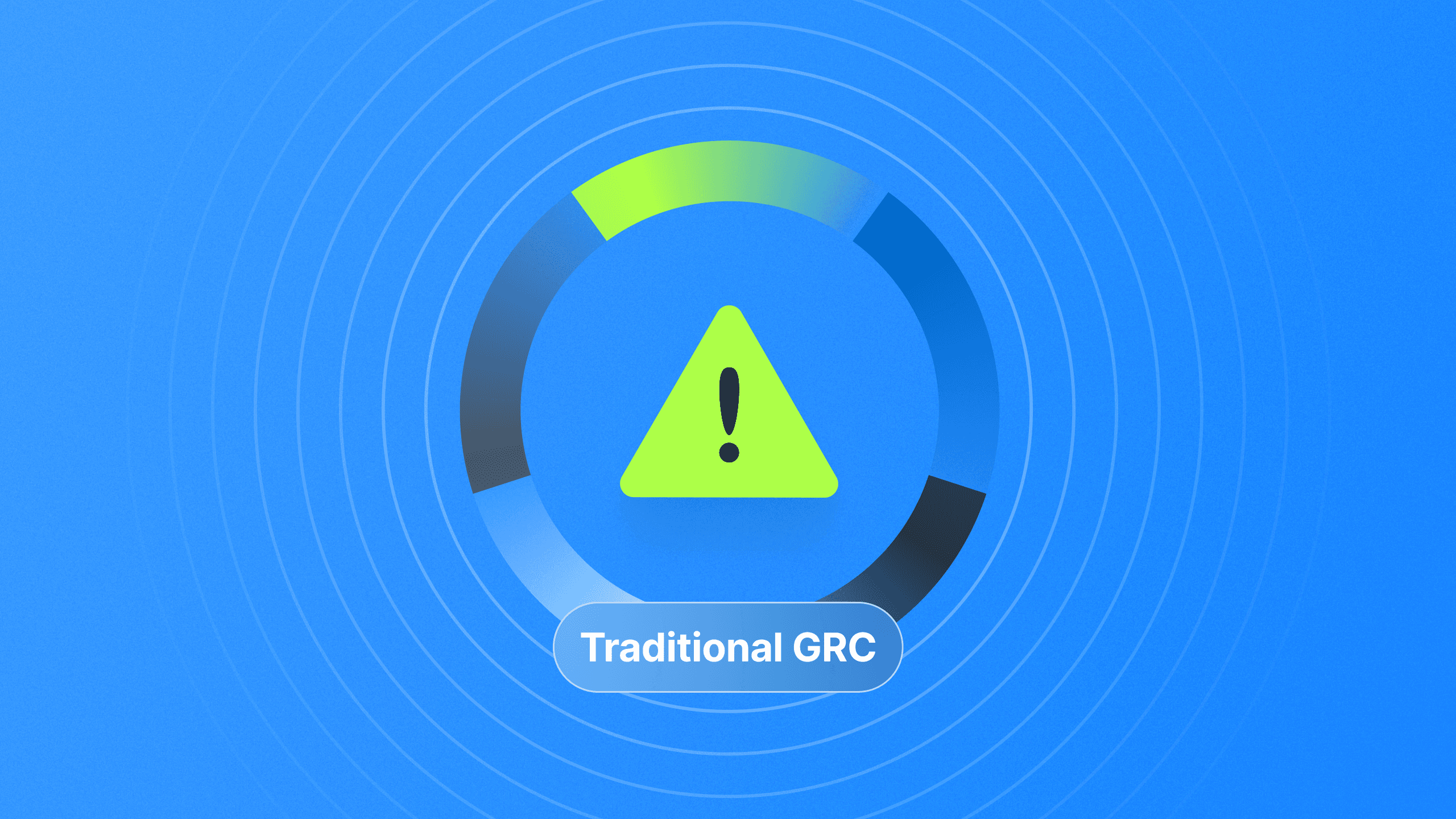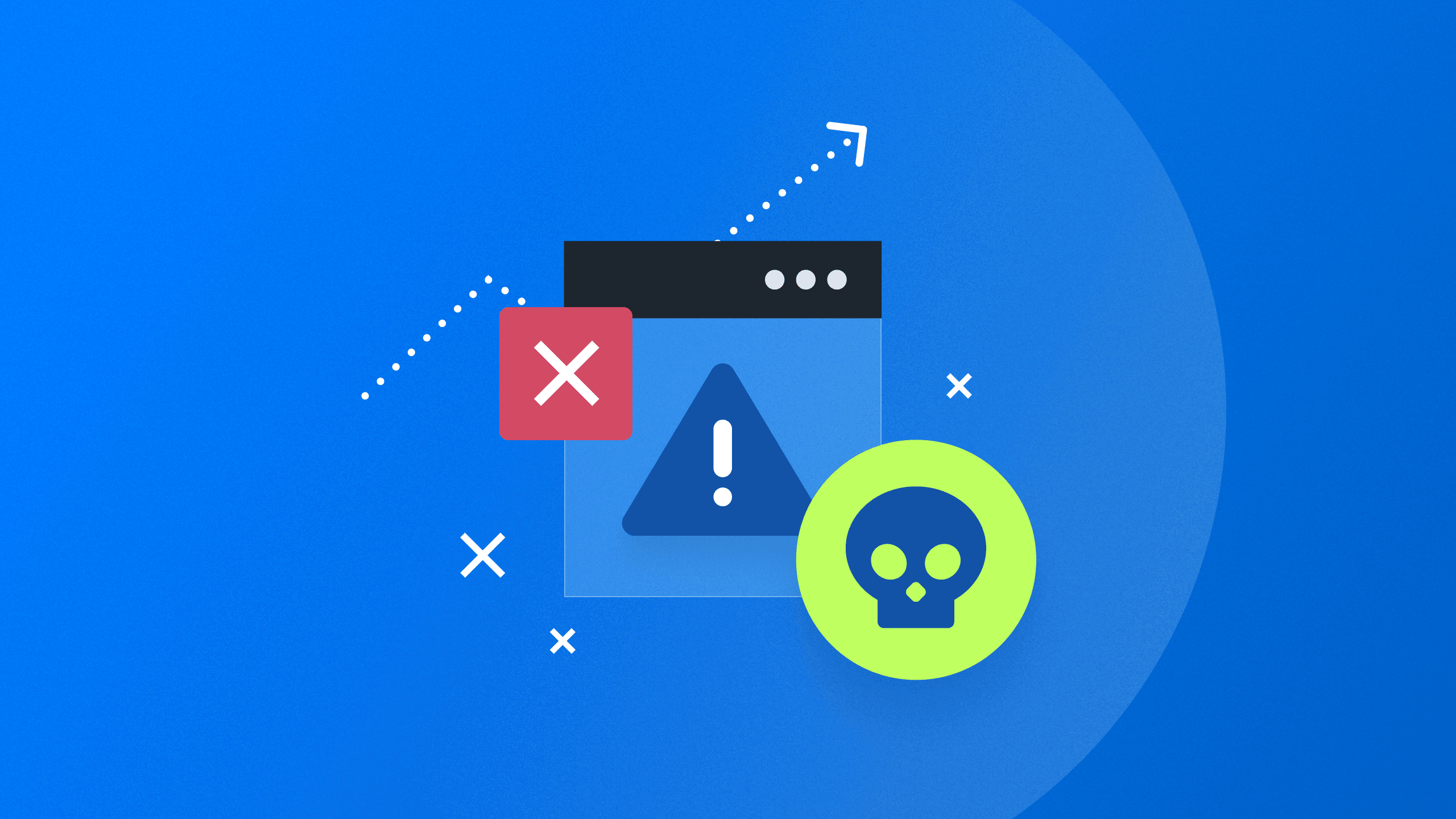Don’t Fall For These Traps: Expert Tips for Flawless Penetration Testing
Penetration testing is an essential component of an effective cybersecurity program, and working with a qualified provider is crucial. By leveraging valuable insights from pentesting—instead of treating it as a check-the-box exercise—you can effectively fortify your cyber defenses and protect your organization from bad actors.
Penetration testing is a crucial defense mechanism against cyber threats, providing organizations with a realistic assessment of their environment’s security and vulnerabilities. Navigating a penetration test involves specific challenges such as determining the type of penetration test that applies to your business and meeting regulatory requirements.
This begs the question: what should you look for in a penetration testing provider to ensure you get the protection you need? Keep reading to uncover common penetration test challenges and the key factors that separate the best providers from the rest.
Why Your Organization Needs Penetration Testing
Penetration testing, often called "pen testing," is a simulated cyberattack against your computer systems to check for exploitable vulnerabilities. Cybersecurity professionals trained as ethical hackers will attempt to breach an organization’s systems, networks, cloud, and applications to identify vulnerabilities, guided by the MITRE ATT&CK framework, a globally-accessible knowledge base of adversary tactics and techniques.
These tests uncover hidden vulnerabilities that companies can remediate before malicious attacks occur. It is recommended, and often required, that organizations conduct a penetration test annually. Penetration tests are often seen as an exercise to satisfy compliance criteria, but when performed correctly, they are critical to mitigate risk within an organization.
Best Practices to Avoid Common Mistakes
Effective penetration testing requires careful planning, attention to detail, and a proactive approach to avoid common pitfalls. Cybersecurity teams can maximize the accuracy of their assessments and strengthen their overall security posture by following these key practices:
Determine the Right Type for your Business
Knowing what a penetration test is and which kind(s) fit your company is key for improving your security posture. There are different types of penetration tests, including network, application, and cloud, and what you need will depend on your IT infrastructure.
A qualified penetration tester should go to great lengths to understand your business and infrastructure to properly scope the appropriate type or combination thereof. They should ask you for details about your network size, assets, number of external IPs, storage buckets, API endpoints, user roles, cloud setup, and more. If you are developing applications, your provider should ask for demos of the apps to get a thorough understanding of the key functionality to properly scope. The cloud penetration test is often overlooked but is essential for businesses that leverage cloud service providers.
Don’t Fall For the Faux
A common misconception is that a vulnerability scan is the same thing as a penetration test. While these two tests can complement each other, they are not the same, and a vulnerability scan should not be a substitute for a penetration test. A vulnerability scan provides a broad overview of potential weaknesses across an organization’s IT infrastructure and can apply to any organization, whereas a penetration test will provide proof of exploit with vulnerabilities specific to your business.
This ensures your team is focusing on vulnerabilities that are actually exploitable by attackers, not theoretical. Since a vulnerability scan is generalized, they are performed by software at a low price point. Penetration tests are required to comply with certain cybersecurity frameworks, so they are much more effective and performed manually by a team of experts.
Ask about Methodology and Scoring Frameworks
The Penetration Testing Execution Standard (PTES), a framework that provides a structured approach for conducting a penetration test, should be a part of a qualified provider's methodology. The PTES aims to standardize the penetration testing process across different testers and organizations so that all critical areas are covered.
Beyond the PTES, the tester should use a Vulnerability Scoring Framework to assess your risk and highlight proactive solutions. The Common Vulnerability Scoring System (CVSS) and Exploit Prediction Scoring System (EPSS) both provide valuable information for vulnerability management and risk assessment. The EPSS goes beyond the CVSS and is a data-driven approach that predicts the likelihood of a vulnerability being exploited specific to your business. Look for a provider that uses EPSS to most effectively assess your risk.
Assess Regulatory and Compliance Acumen
A high-quality penetration test provider should have a comprehensive understanding of your industry and compliance regulations. The penetration test is only one part of a cybersecurity program. Find a provider who can work with you to create a tailored cybersecurity program that effectively addresses your vulnerabilities and meets stringent compliance requirements while enabling you to meet your business objectives.
A Custom Approach for Proactive Insights
A one-size-fits-all approach is not an effective strategy for penetration testing, often wasting time and resources without providing actionable insights. Choose a provider that will create a plan customized to your organization’s goals.
The right provider will help you interpret the results of the test, provide detailed recommendations for remediation, and follow up with a retest to ensure the vulnerabilities are fixed.
Penetration testing is an essential component of an effective cybersecurity program, and working with a qualified provider is crucial. By leveraging valuable insights from pentesting—instead of treating it as a check-the-box exercise—you can effectively fortify your cyber defenses and protect your organization from bad actors.
If you’re ready to strengthen your cybersecurity posture through a penetration test, contact the Richey May cybersecurity experts today at info@richeymay.com.





